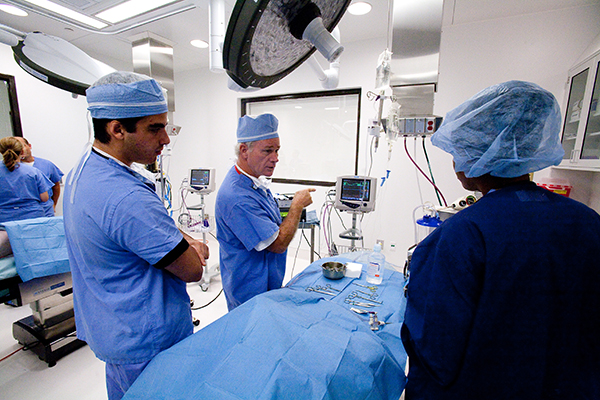Why GCMI for preclinical or bioskills training? Collaborative accountability.
In this era of consolidation, the dwindling number of preclinical CROs often aren’t interested in developing new models or venturing outside of their well established protocols. Why choose GCMI for your preclinical testing needs? We are collaborative and accountable. We are committed to meeting your needs on your timeline and on your budget. …







